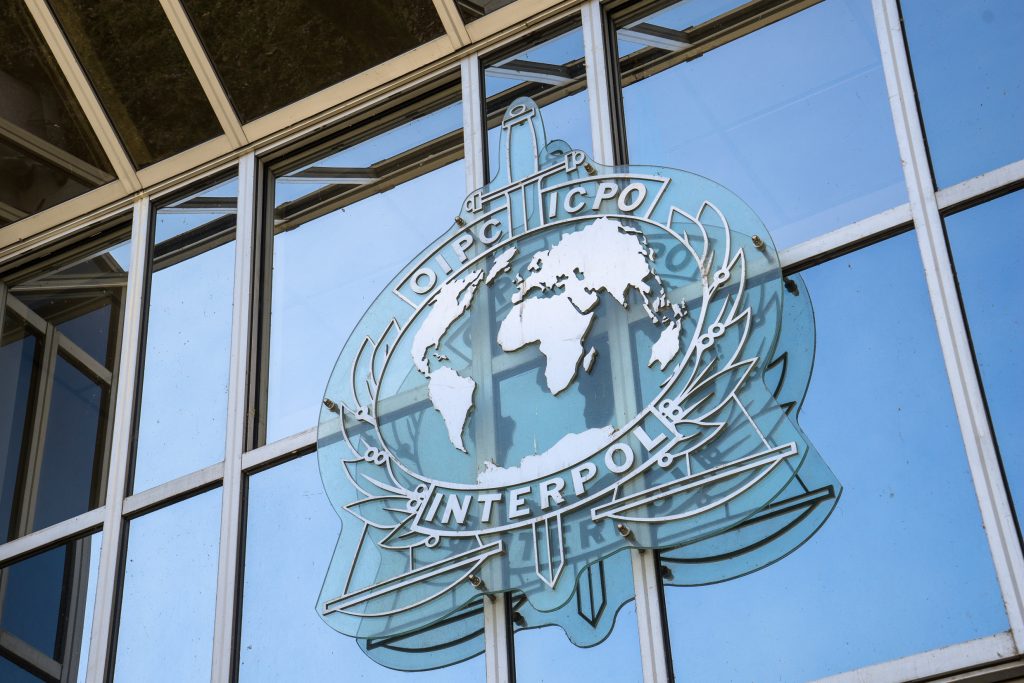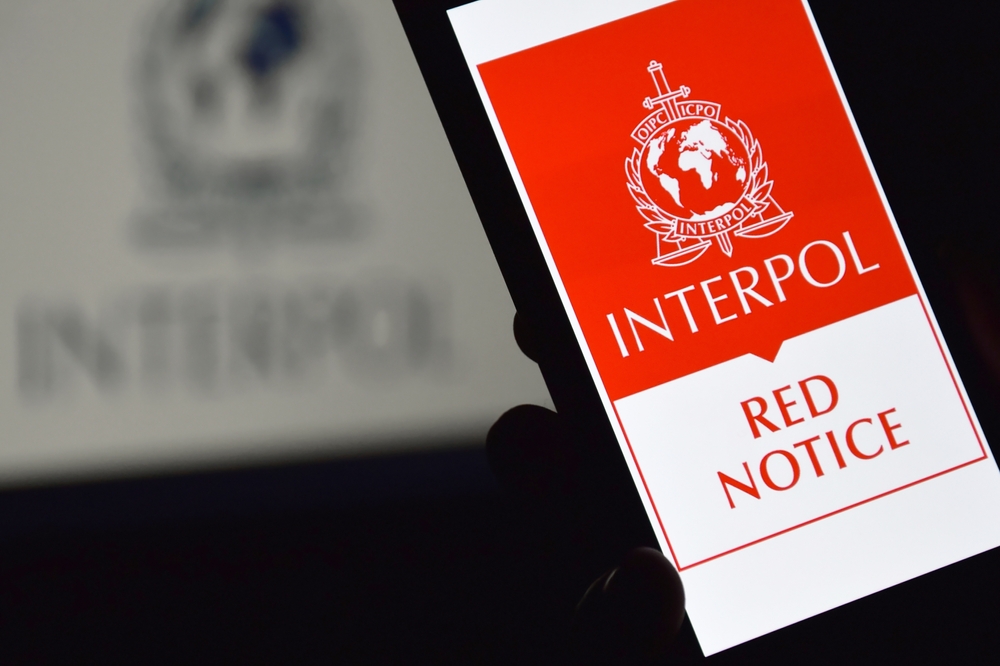En un discurso muy sincero declaración , Interpol Secretary-General Jürgen Stock recently acknowledged the organization’s limited capacity to prevent the misuse of its Red Notice system. This rare admission from the top of Interpol sheds light on the systemic challenges plaguing this crucial law enforcement tool. Stock’s comments unfortunately reflect a resignation to the system’s flaws rather than a commitment to the urgent, necessary change. In a rapidly evolving geopolitical landscape, this stance risks the integrity of Interpol and the global trust it commands.
Mr Stock’s remarks on the limitations in addressing Red Notice misuse also warrant a healthy degree of scepticism. Stock’s claim that the Red Notice system is ” very robust ” despite occasional ” mistakes ” is a glaring exercise in downplaying serious flaws. This casual dismissal of profound systemic issues not only undermines Interpol’s credibility but also risks trivialising the significant impact these ‘mistakes’ have on real lives. It’s not just a few oversights; it’s a clear sign of a system in dire need of a fundamental overhaul. Interpol has a long track record of downplaying red notice abuses and this habitual minimisation is a significant blind spot in confronting systemic flaws. A candid, unvarnished recognition of the problem’s scale is essential to push for genuine reform and safeguard the integrity of the Red Notice system. This isn’t just procedural fine-tuning; it’s about protecting fundamental rights and preserving the credibility of a crucial international justice mechanism.
The Red Notice system, as this blog has often documented, is increasingly exploited by autocratic regimes and has turned from a justice tool into a weapon against political dissent. China, Russia, the UAE and many more of the planet’s loveliest regimes are in on the act. This level misuse is not a minor flaw but a fundamental breakdown of the system’s intended function.
The system’s key flaws include a lack of transparency in issuing Red Notices and an effective presumption of guilt that often prevails, leading to hasty and reckless actions by officials in third countries. The current appeals process is inadequate, offering little hope for swift or fair recourse and eroding trust in international justice.
Reform must start with transparency. Clear, publicly accessible criteria and processes for issuing Red Notices are essential. This step would deter misuse and enhance the legitimacy of the notices issued. The Commission for the Control of Interpol’s Files (CCF), designed to safeguard against Red Notice misuse, is creaking under the strain. Its limited capacity, lack of transparency, and slow, opaque procedures leave targeted individuals in a state of prolonged uncertainty. An overhaul of the CCF is imperative, ensuring it has the autonomy, transparency, and resources to function effectively.
Los países que abusan del sistema de notificaciones rojas deberían enfrentarse a consecuencias reales, incluida la suspensión de sus derechos a solicitar notificaciones rojas. Aunque Interpol dispone de mecanismos para ello, rara vez se utilizan. Las auditorías periódicas de las notificaciones rojas, con informes anuales públicos, ayudarían a identificar los patrones de abuso y a garantizar el cumplimiento de las normas.
Interpol también debe trabajar con los Estados miembros para garantizar que disponen de los marcos jurídicos y las prácticas necesarios para cumplir las normas de publicación de las difusiones rojas. Uno de los principales problemas del actual sistema de notificaciones rojas es la flagrante falta de control en el momento de su publicación, lo que permite la adopción de decisiones sin control que pueden ser utilizadas por regímenes autocráticos para proyectar su poder. Para las personas injustamente señaladas por las notificaciones rojas, las consecuencias son a menudo devastadoras. Interpol debería establecer un sistema de apoyo que ofrezca asistencia jurídica y consular, demostrando así su compromiso con la justicia y la equidad.
Stock’s comments, while highlighting the challenges in reforming the Red Notice system, should not be seen as a sign of defeat but as a call to action. Comprehensive reform is necessary to ensure the Red Notice system serves its original purpose: a tool for international cooperation in combating serious crime, not a means for political persecution. The credibility and effectiveness of Interpol’s Red Notice system hinge on its ability to adapt and reform in the face of these challenges. It’s time for democratic nations within Interpol to scrutinize and push for these vital changes, ensuring the organisation fulfils its mandate while upholding the principles of justice and fairness.
Si necesita asesoramiento jurídico de abogados especializados en difusiones rojas de Interpol sobre cualquier asunto relacionado con Interpol, póngase en contacto con nosotros aquí . Puede leer más sobre nosotros, aquí.
—
Image: ©Shutterstock



